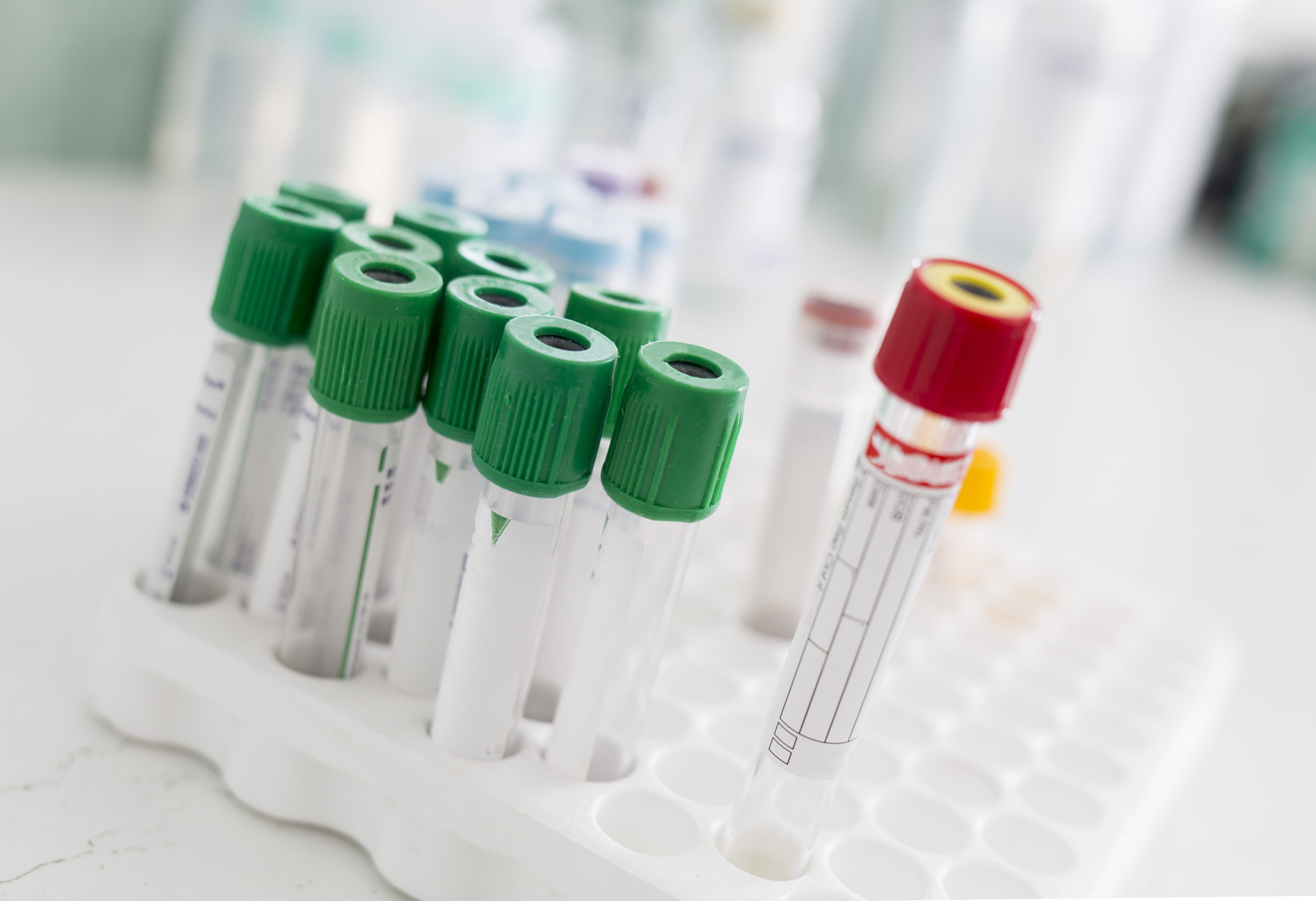Childhood
Help for Children and Families
Making the Future Even Brighter
If your child is one of the 3 in 100 infants born with a birth defect, you may have questions and concerns about how to best support your loved one. If you suspect or are just learning that your child has a birth defect, you may be scared, confused and not know where to begin. We can help you understand this new diagnosis and lead you or your child to the right support system.
And if you, your child, or another loved one is affected by a Fetal Alcohol Spectrum Disorder (FASD), then you’ve definitely come to the right place. Our Center co-director Dr. Jones was the first to identify fetal alcohol syndrome in 1973, and has made it his life’s work to care for and support the families affected by this disorder, to educate the public about the dangers of alcohol consumption in pregnancy, and to research ways to improve FASD prevention, diagnosis, and treatment.
Learn about the range of services we provide for the children and families affected by birth defects in general and FASD in particular.



